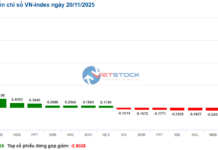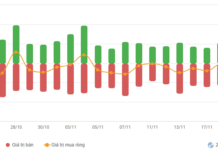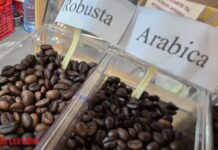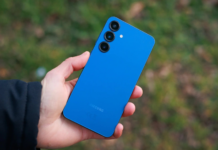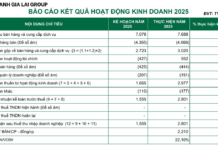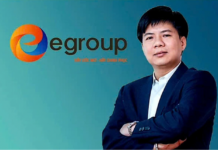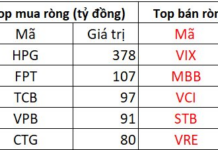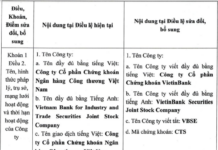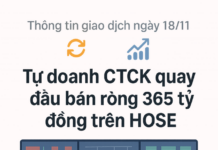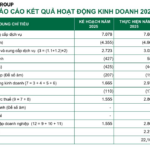Bacte, a biological pesticide startup, made its appearance in the 9th episode of Shark Tank Vietnam’s 7th season. The company was founded to address the rampant misuse of pesticides in agriculture, which has detrimental effects on consumer health without offering significant benefits. This practice has led to a decline in the quality of agricultural produce and caused significant economic losses.
The Bacte team has been working on this issue since 2012. In October 2020, agricultural engineer Ho Phuc Nguyen, co-founder and CEO of Bacte, successfully defended his thesis on the production of biological pesticides to control nematodes and fungal plant diseases before the Ministry of Science and Technology.
“Bacte addresses two main issues with chemical and biological pesticides,” Mr. Nguyen explained. “First, our product is the first on the market that can control both pests and diseases. Second, it acts fast and effectively, killing 98% of nematodes within 90 minutes and 82-87% of soil-borne fungal diseases within 3 hours of application. Moreover, our product is 30-40% more cost-effective than chemical pesticides, making it 30-40% cheaper for consumers.”
Bacte’s proposal to the Sharks was an investment of 10 billion VND in exchange for 8% of the company’s equity.
Bacte currently offers 24 products, with a focus on durian cultivation. These products are patented and have been tested to ensure they do not cause skin irritation or toxicity, as confirmed by toxicity tests (LD50) conducted by the National Institute for Food Safety Control.
Bacte’s target customers include farms, agents, and distributors. In terms of product value, the cost of disease prevention and treatment for one hectare of durian trees is estimated at 6 million VND and 5 million VND, respectively, per year.
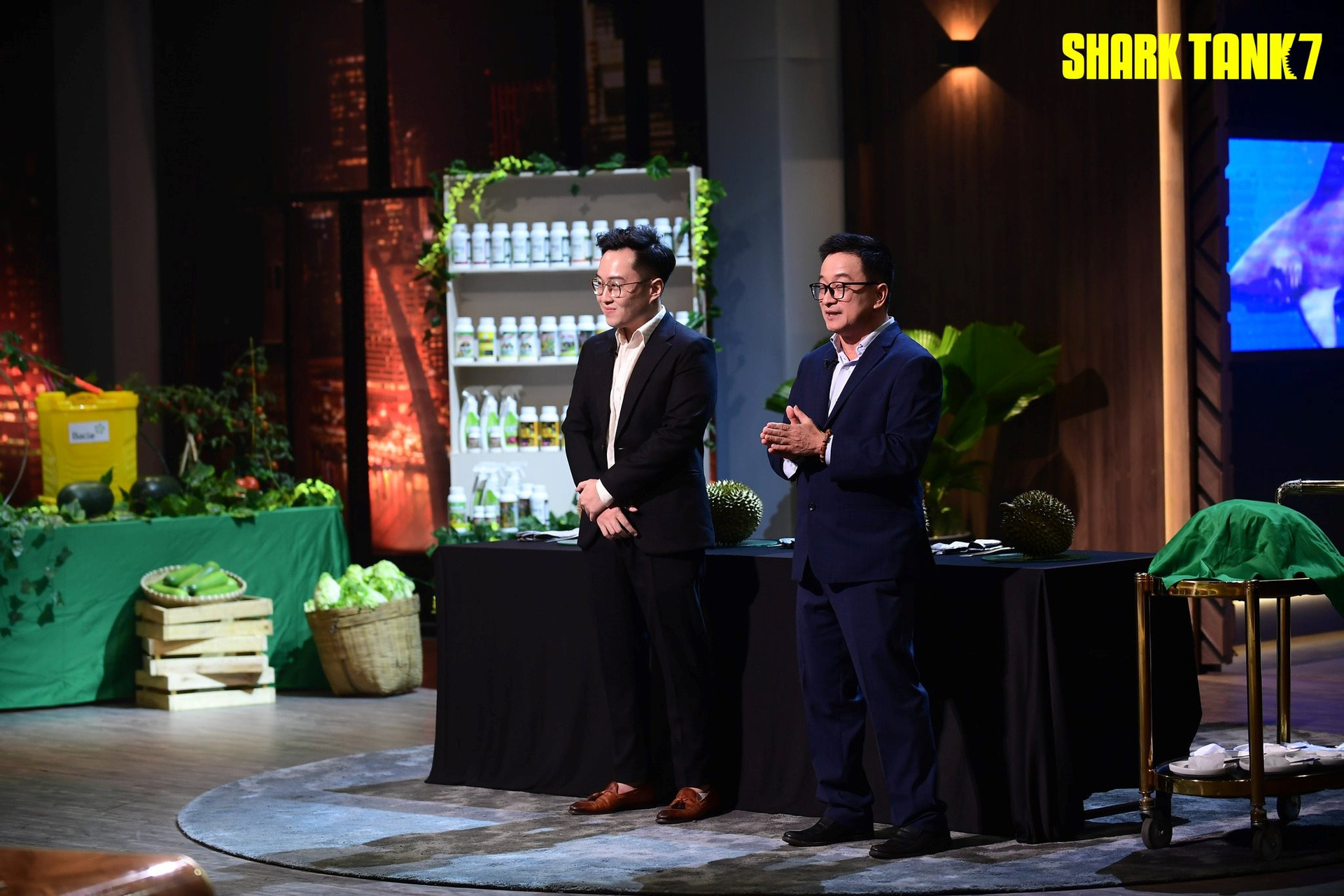
Representatives of the Bacte startup.
Financially, Bacte achieved a revenue of 3.1 billion VND in the last three months of 2023 and is projected to reach 6 billion VND in revenue in 2024, with a profit margin of 29%. The startup’s financial projections continue to grow, with expected revenues of 25 billion VND in 2025, 45 billion VND in 2026, and a remarkable target of 250 billion VND in revenue by 2029, accompanied by an EBITDA (Earnings Before Interest, Taxes, Depreciation, and Amortization) of 38%, equivalent to 95 billion VND.
Shark Binh, intrigued by the seemingly flawless product, inquired about its potential weaknesses. However, the founding team confidently asserted that their product had “no weaknesses.” Shark Binh further challenged this claim, stating, “If your product is as good as you say it is—nutritious, affordable, environmentally friendly, and safe—why hasn’t it taken off yet?” The startup acknowledged their shortcomings in marketing strategies and operational aspects.
Shark Binh suggested that instead of selling the product, Bacte could license their technology globally, using the example of South Korea. The startup revealed that they had turned down an offer from a potential partner interested in acquiring their patent, opting to develop the business independently. Mr. Nguyen added that there were two similar patents in the US and one in Australia for cinnamyl acetate-based products to control fungal and pest infections, but their concentrations were lower and more expensive than Bacte’s offering.
Tillman Schulz, a German “shark” and first-time participant in Shark Tank Vietnam, was astonished by Bacte’s presentation but shared Shark Binh’s skepticism, as the deal sounded “too good to be true.”
The startup impressed the sharks with their responses to Shark Minh Beta’s question about exports. Bacte has already registered their product in Thailand and expects to obtain the necessary permits by the end of this year. In South Korea, a partner, an agricultural scientist, uses their product on cabbage farms for kimchi production and has introduced it to associations in Ulsan and Busan. In Australia, successful trials on tomato plants have led to introductions to potential distributors in Melbourne.
“While we are confident in our product, we acknowledge that our company’s operations have gaps,” the startup representatives admitted. “We seek the Sharks’ guidance in improving our operations, exporting our products, and accessing global markets. With the proposed investment of 10 billion VND, we plan to build a sales team for the GT (General Trade) channel, which will account for 70-75% of our sales. We will also allocate funds for marketing in Vietnam and filing a new patent in the US.”
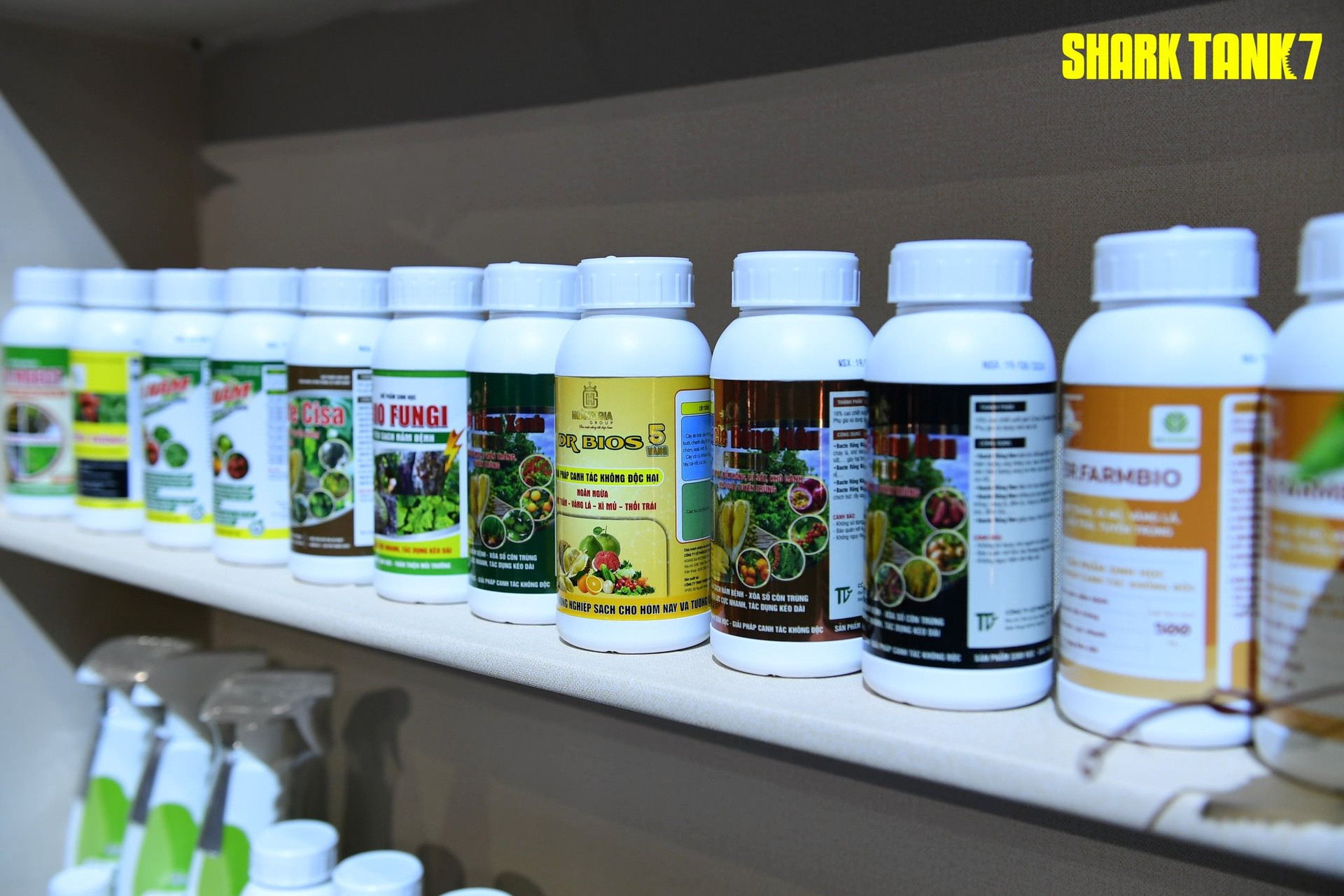
Bacte’s products.
Shark Binh, impressed by the startup but lacking expertise in the field, expressed his willingness to invest if another shark with relevant experience joined the deal. He then proposed that Shark Minh Beta, who holds a degree in agricultural economics from the University of Sydney, Australia, take the lead.
Shark Minh Beta offered an investment of 10 billion VND for a 25% stake in the company. However, he suggested an initial investment of 2 billion VND, with the remaining amounts to be contributed through convertible loans and equity conversions over time. This proposal aimed to provide a more gradual approach to investing, allowing for a clearer understanding of the company’s performance.
The Bacte team requested adjustments to receive a higher cash amount while reducing the percentage of equity offered to the sharks.
After consulting with the investment council, Shark Minh Beta revised the offer to 10 billion VND for a 20% stake: 3 billion VND in cash, 3 billion VND in in-kind contributions, and a convertible loan of 4 billion VND to be invested by the end of 2025, with the participation of all five sharks—Minh Beta, Tillman Schulz, Nguyen Hoa Binh, Nguyen Phi Van, and Le My Nga.
Shark Minh Beta emphasized the value of a larger stake in a rapidly growing company, while Shark Nga encouraged the startup to consider the potential explosion in value with the support of five sharks.
After negotiations, the Bacte team agreed to the deal offered by the five sharks, concluding a successful transaction.
“The Flood Season’s Savior: A Startup’s Innovative Car Cover Solution”
“Your innovative thinking is impressive, and it’s clear you’ve come up with solutions that even the Sharks here might not have considered. I can see you joining their ranks in 5 to 10 years.” Shark Viet commended the Founder of Hoa Loc Thanh, who invented the Covo flood-proof tarp that turns cars into makeshift boats during floods.
The Ultimate Shark Tank Deal: Film Project Offers 70% Stake to Investors, Leaving Sharks in a Frenzy of On-the-Spot Fund Transfers.
Even the film project “Than Tra”‘s production director was stunned when the sharks immediately took the bait, accepting the offer of VND 4.5 billion for 70% of the shares. All five sharks showed interest in the deal, asking for the QR code to transfer the money on the spot. Shark Minh even stated that no due diligence was necessary, given the impressive portfolio of the founder, which included notable works such as “Co Ba Sai Gon,” “Hai Phuong,” and “Mat Biec.”
“Material Success is Not Enough for a Man’s Spirit”: Confessions of a Startup That Pitches for a Whopping $43 Million on Shark Tank
“It wasn’t revenue and profits that drove us to enter the recycling industry. We had already found material success in our previous venture in road construction, but it wasn’t fulfilling on a spiritual level, neither as men nor as fathers. I have three sons, and I want them to have grand aspirations and ideals.” – Lê Trung Thông, CEO of Lagom Vietnam.

